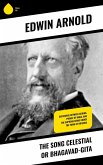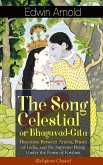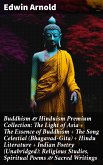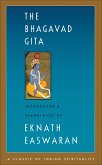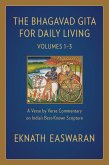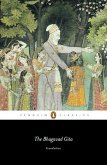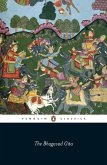In "The Song Celestial, or Bhagavad-Gita," Edwin Arnold offers a poetic translation of the ancient Indian scripture, distilling its profound philosophical insights into lyrical verse. This adaptation captures the essence of the original Sanskrit text while making its spiritual wisdom accessible to a Western audience. Arnold's nuanced style, characterized by rich imagery and rhythmic flow, reflects both the aesthetic beauty and the deep ethical considerations inherent in the Gita. The translation situates itself within the broader context of 19th-century Romanticism, where Eastern philosophies began to influence Western thought, promoting the themes of duty, righteousness, and the pursuit of self-realization. Edwin Arnold, a Victorian poet and journalist, was influenced by his fascination with Indian culture and philosophy, stemming from his role as a government official in British India. His engagement with Eastern thought and his mastery of the English language poised him uniquely to transform the Bhagavad-Gita into a form that resonates with both authenticity and charm. Arnold aimed to bridge the cultural chasm of his time, presenting the Gita not merely as a religious text, but as a universal treatise on human existence and moral fortitude. This book is a must-read for anyone interested in spirituality, philosophy, or literature. Arnold's poignant rendering invites readers to explore timeless questions about duty, the self, and the nature of reality, making "The Song Celestial" not just a translation, but a meaningful dialogue between cultures. This work serves as a gateway to deeper understanding, encouraging reflection on the transformative power of the Gita's teachings in contemporary life.
Dieser Download kann aus rechtlichen Gründen nur mit Rechnungsadresse in A, B, BG, CY, CZ, D, DK, EW, E, FIN, F, GR, HR, H, IRL, I, LT, L, LR, M, NL, PL, P, R, S, SLO, SK ausgeliefert werden.



